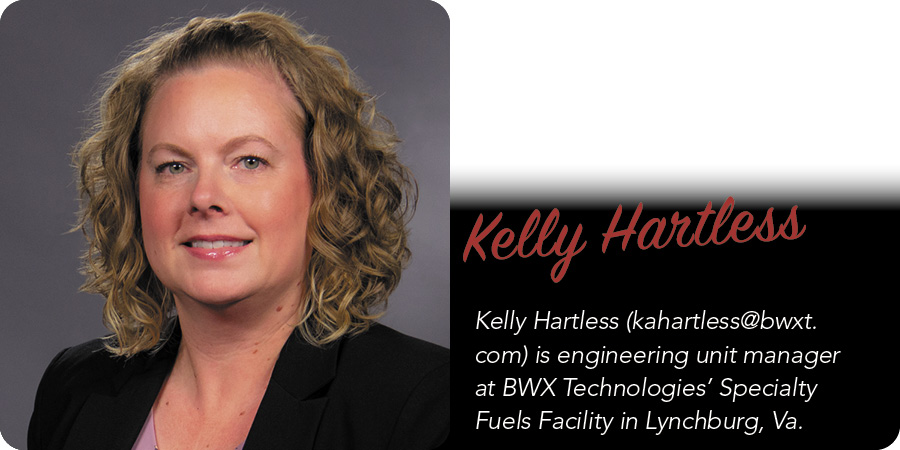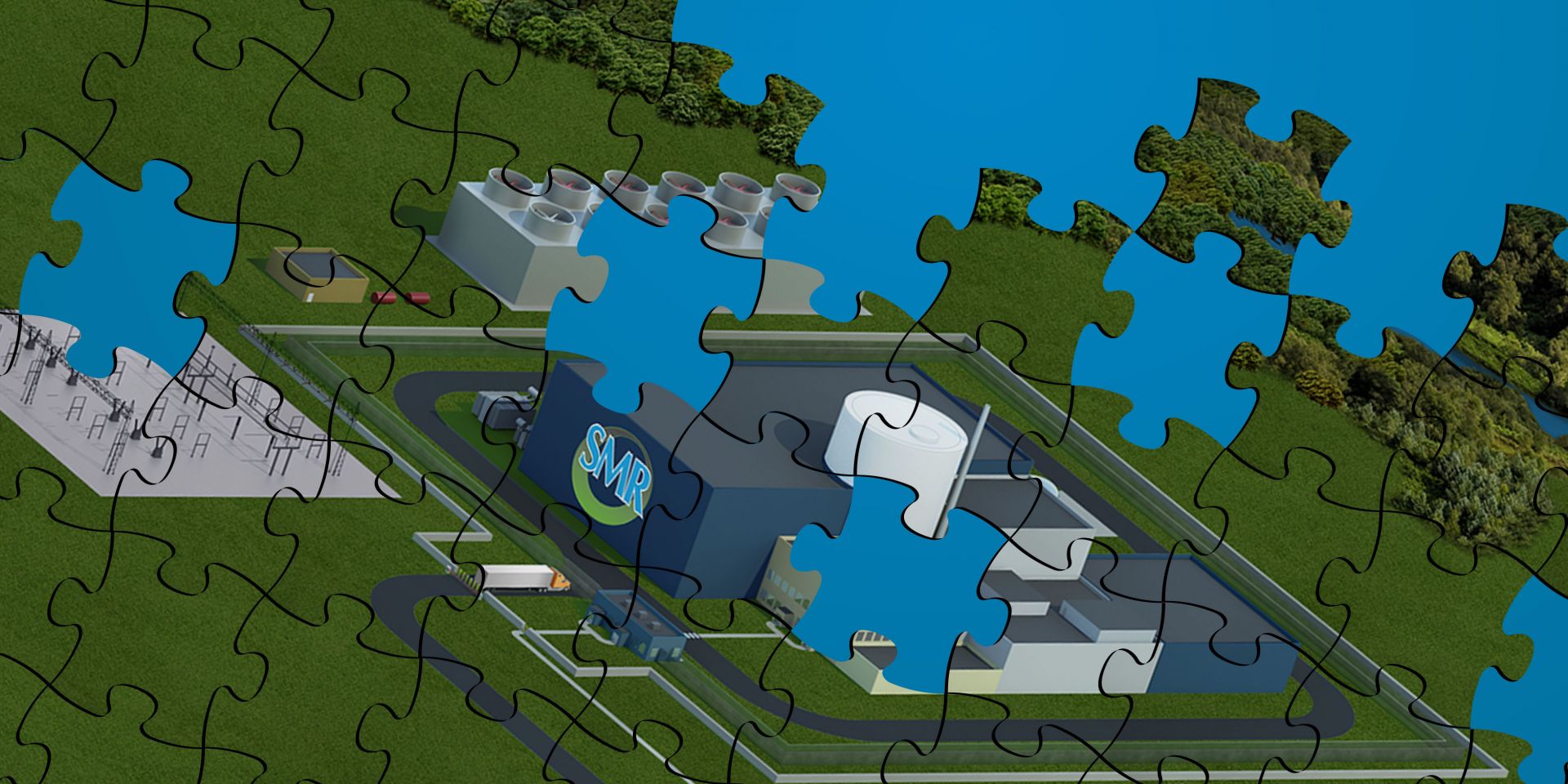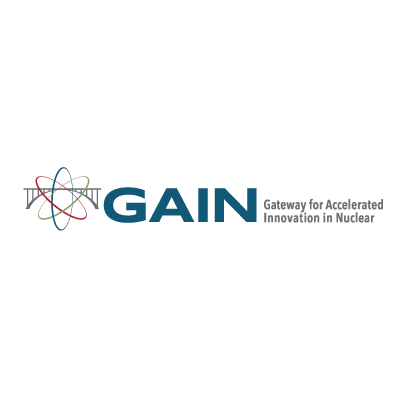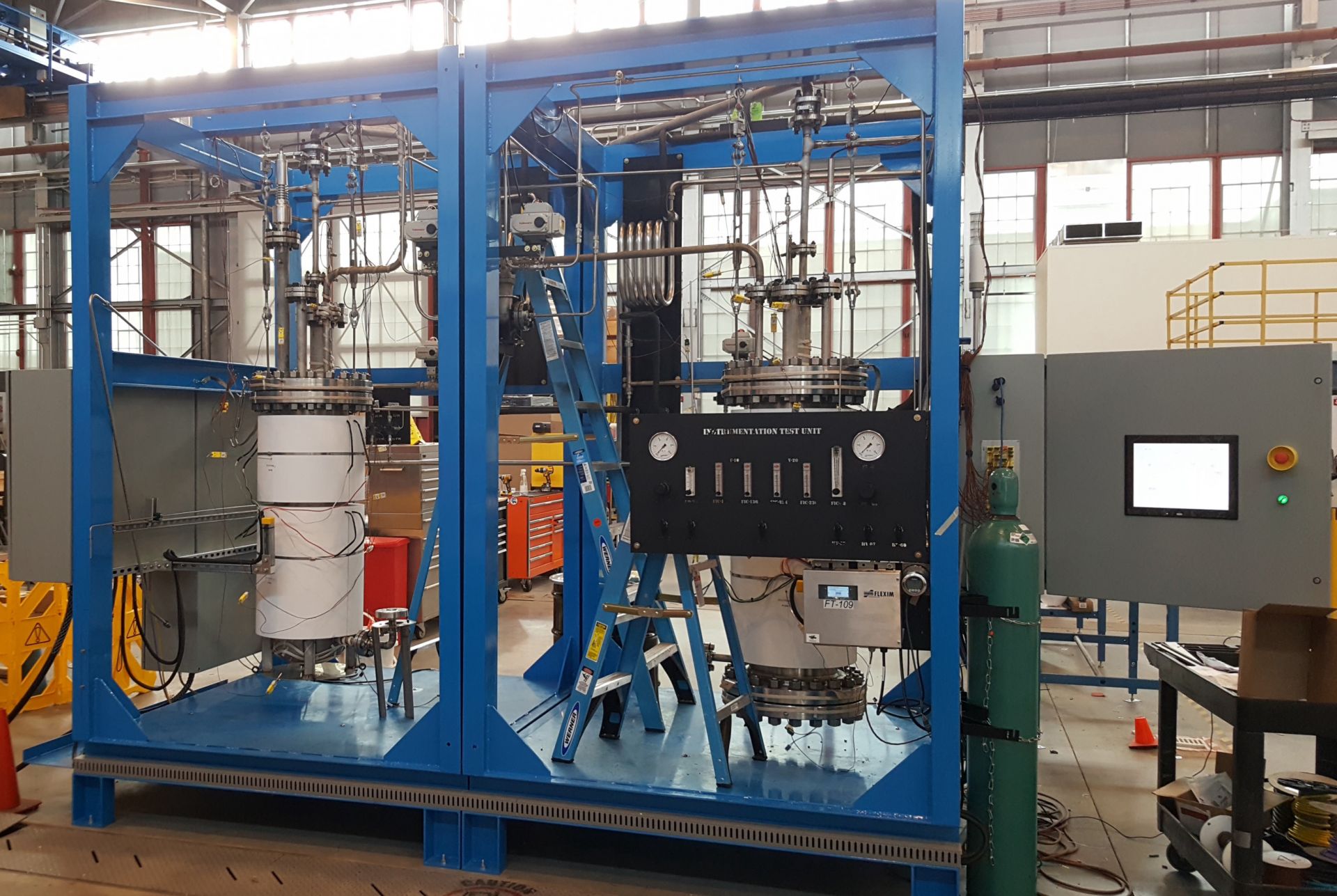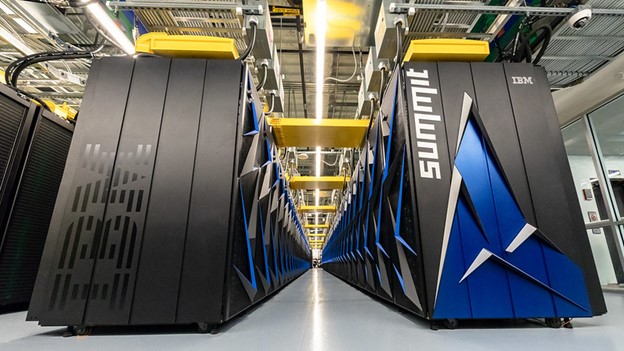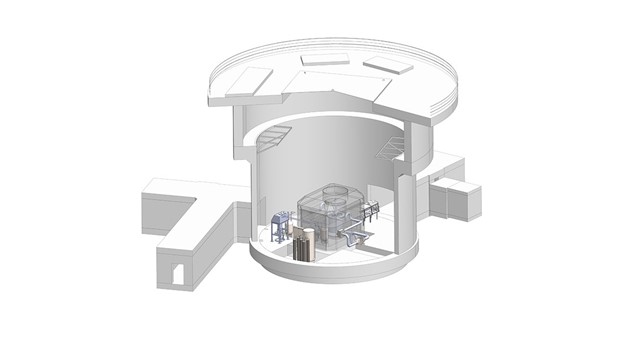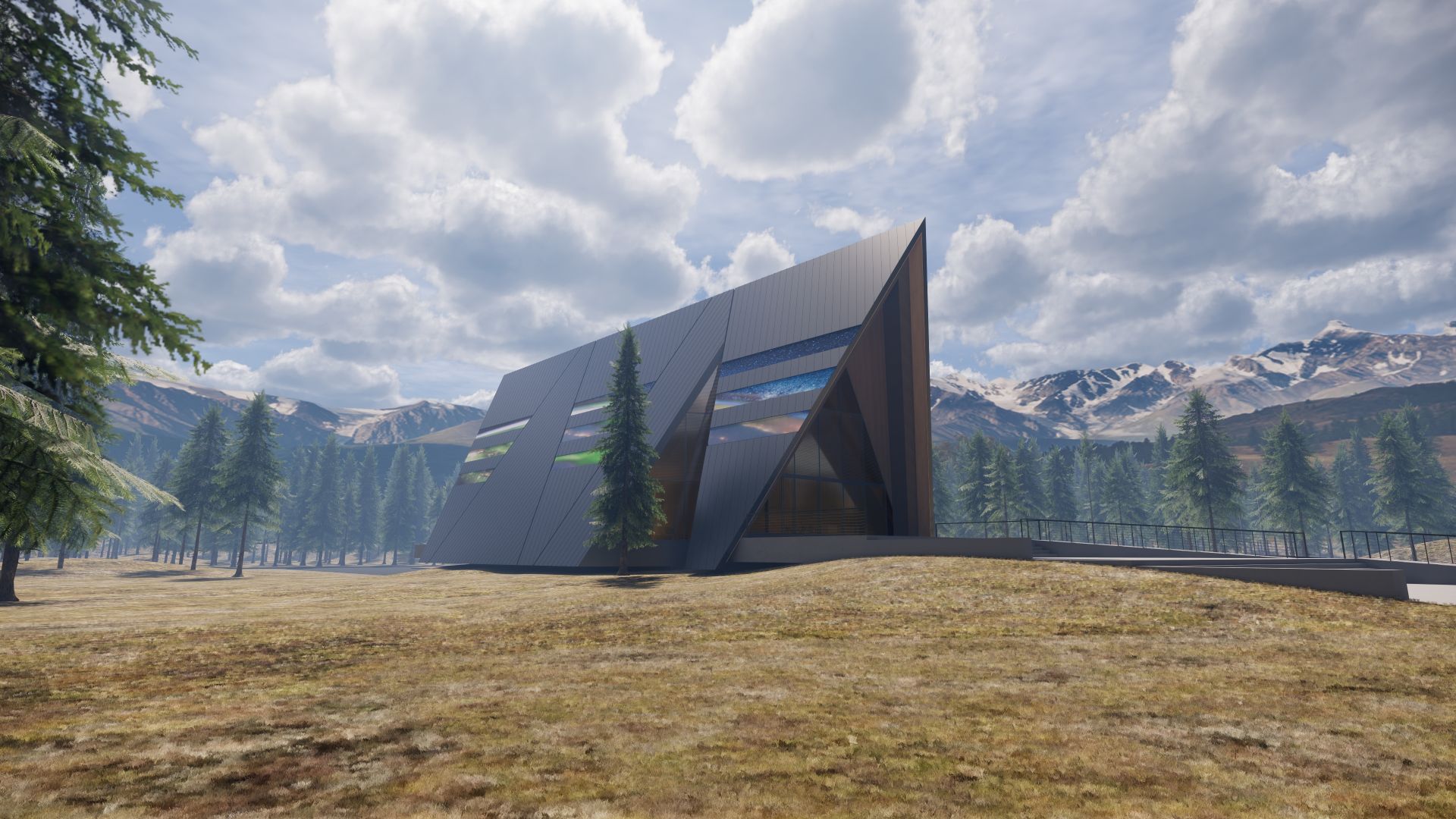An advanced nuclear reactor technology park is hoped for the 935-acre Clinch River site. Image: TVA
Last week’s announcement from the Tennessee Valley Authority about its “New Nuclear Program,” which outlines the potential development of the Clinch River site near Oak Ridge National Laboratory in Eastern Tennessee, is the catalyst for this week’s #ThrowbackThursday post. The Clinch River site was originally planned to be the location for the Clinch River Breeder Reactor, a project that, at the time, was meant to be the future of the nuclear industry in the United States.
Building instrumentation and control technologies into the design of the next generation of advanced nuclear reactors will help the industry meet zero-carbon-emissions goals.
December 23, 2021, 3:00PMNuclear NewsAlexander Heifetz, Matthew Weathered, Nathan Hoyt, Mark Anderson, Scott Sanders, Anthonie Cilliers Kairos Power’s Instrumentation Test Unit
As a source of carbon-free electricity, nuclear energy currently dominates in the United States. However, the light water reactors in the U.S. are approaching the end of their licensed service lives. Meanwhile, low-cost electricity generated by fossil fuel–based sources (such as natural gas) poses an ongoing challenge to the economic viability of commercial nuclear reactors. To enhance the competitiveness of the nuclear industry, we need to bring down the high operating and maintenance (O&M) costs through savings available from utilizing modern, efficient sensing and automation technologies.
The Summit supercomputer at Oak Ridge National Laboratory began operations in 2018. (Photo: ORNL)
The Department of Energy has announced $9.25 million for research into the behavior and properties of structural materials under molten salt reactor conditions through collaborations using the DOE’s high-performance supercomputers.
The Molten Chloride Reactor Experiment will be built at Idaho National Laboratory to demonstrate criticality in a fast-spectrum salt-cooled reactor within five years. (Image: Southern Company)
Artist’s conception of Oklo’s Aurora powerhouse. (Image: Gensler)


.jpg)
